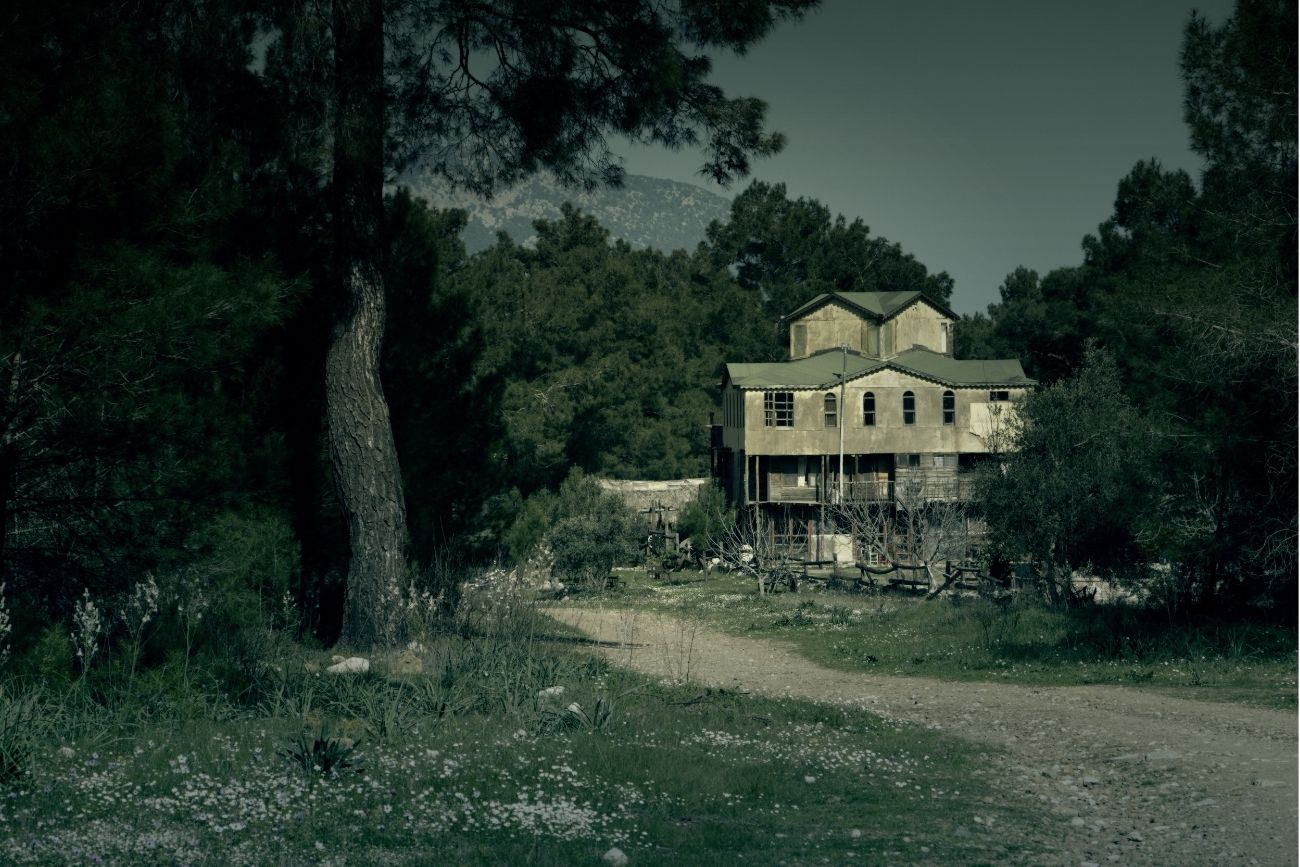
25 Colombian Slang Phrases to Sound Local
Mastering Colombian slang phrases is one of the best ways to sound like a native and connect deeply with Colombian culture. In Colombia, slang phrases aren’t just extras—they’re essential to how people relate and communicate. We’ve compiled 25 must-know Colombian slang phrases that will help you talk, understand, and think like a Colombian. Plus, if you’re eager to dive deeper into Colombian Spanish, Short Stories in Colombian Spanish offers short, culturally-rich stories full of Colombian slang phrases to enhance your learning.
Everyday Colombian Slang Phrases for Daily Life
Colombian slang is woven into everyday conversations, adding flavor, humor, and local character to the language. In Colombia, casual interactions are often rich with slang, whether it’s expressing excitement, showing camaraderie, or describing common experiences.

1. ¡Qué bacano!
Meaning: Cool!
Colombians say “¡Qué bacano!” to express that something is awesome or enjoyable
2. Parce or parcero/a
Meaning: Friend
This essential Colombian slang phrase is the go-to for referring to a friend. You’ll hear it everywhere.
3. Estar prendo
Meaning: Tipsy
A lighthearted phrase to use when someone is under the influence but not completely drunk.
4. Guaro
Meaning: Aguardiente (typical Colombian liquor)
This Colombian slang phrase is short for aguardiente, a popular local spirit.
5. Estar berraco/a
Meaning: Angry or brave
“Berraco/a” can mean either angry or tough, depending on the context.
Fun Expressions for Joking and Socializing
Colombians are known for their warm, friendly nature and playful sense of humor, and this shines through in the way they use slang. Social interactions in Colombia are often full of jokes, friendly teasing, and lighthearted expressions that create a relaxed and welcoming atmosphere.
6. Mamar gallo
Meaning: Joking around
One of the best Colombian slang phrases for showing Colombian humor, meaning “messing around.”
7. Hacer una vaca
Meaning: Collect money as a group
Friends gather funds for group expenses, like drinks, by “haciendo una vaca.”
8. Jartera
Meaning: Boring or annoying
“Jartera” expresses when something feels dull or annoying.
9. Chévere
Meaning: Nice or pleasant
This word is versatile and widely used across Latin America.
10. Camellar
Meaning: To work
If someone “camella mucho,” they’re a hard worker.
Ready to dive into the language and culture of Colombia?
Slang for Money and Everyday Life
Money and day-to-day activities are at the heart of many Colombian slang expressions, reflecting both practicality and a unique cultural perspective. These phrases often make conversations more casual and relatable, whether people are discussing daily expenses, social plans, or just the ups and downs of life.

11. El/la ñero/a
Meaning: Person from a working-class neighborhood
This phrase is used to describe someone from humble backgrounds in urban areas.
12. Paila
Meaning: Bad luck or tough situation
A common phrase used when things don’t go as planned.
13. Lucas
Meaning: Colombian pesos
Instead of “mil pesos,” Colombians often use the slang “lucas.”
14. Rumba
Meaning: Party
“Rumba” is a favorite pastime phrase for weekend fun.
15. Traga
Meaning: Crush
Saying “tengo una traga” means having a crush.
Describing People and Places in Colombia
Colombian Spanish has a variety of unique expressions to describe people, places, and characteristics specific to its culture. These phrases give insight into how Colombians view identity, regional traits, and social backgrounds. By learning these descriptive terms, you’ll gain a better understanding of the Colombian way of categorizing and affectionately talking about people and places.
16. Mono/a
Meaning: Light-skinned or blond person
A common way to describe fair-skinned people.
17. Cascar
Meaning: To hit or punish
“Cascar” means getting into a physical fight or being punished.
18. ¡De una!
Meaning: Right away!
This is a quick way to agree to something immediately.
19. Tinto
Meaning: Black coffee
Colombian slang phrase for black coffee, usually served in small cups.
20. Chimba
Meaning: Something awesome
Though it can be offensive elsewhere, in Colombia, it means something great.
Action Words and People in Colombian Slang
Colombian slang includes a variety of action words and terms for describing people that add color and personality to conversations. These expressions often reflect local attitudes and humor, giving you a more authentic feel for how Colombians communicate

21. Llevar del bulto
Meaning: To get the worst of a situation
Used to say someone ended up on the losing side.
22. Mucho/a + adjective
Meaning: Very
Colombians intensify adjectives with “mucho.” For example, “mucho frío” (very cold).
23. Vacilar
Meaning: To flirt or tease
“Vacilar” can mean either to flirt or joke around.
24. Rolo/a
Meaning: Person from Bogotá
Used affectionately to describe people from Colombia’s capital.
25. Coger el bus
Meaning: To catch the bus
In Colombia, “coger” is used to mean taking public transport.
Enhance Your Spanish with Short Stories in Colombian Spanish
These Colombian slang phrases are a great start for understanding everyday conversations in Colombia, but there’s much more to learn if you want to truly connect with locals and appreciate Colombian culture. Short Stories in Colombian Spanish is a specially crafted book for language learners who want to dive deeper into the regional nuances and expressions that define Colombian Spanish. Through these carefully selected short stories, you’ll uncover authentic vocabulary, Colombian humor, cultural references, and insights that make the language come to life.

Each story is filled with rich, colloquial expressions, providing context that goes beyond traditional learning methods. Reading stories helps you internalize language naturally, mimicking how native speakers learn. This makes Short Stories in Colombian Spanish an ideal supplement to formal studies or a fun, effective standalone resource for anyone serious about speaking and understanding Colombian Spanish like a local.
Additionally, for learners interested in mastering correct usage and grammar, a strong grasp of the Real Academia Española (RAE) guidelines can be incredibly useful. The RAE provides official language standards that are recognized across the Spanish-speaking world. Combining resources like the RAE with region-specific materials such as Short Stories in Colombian Spanish will ensure you have a strong foundation in the language while understanding unique regional differences.
Dive into Colombian Spanish with this book and enhance your fluency, comprehension, and confidence in using real-life expressions. Whether you’re preparing to visit Colombia, want to connect with Colombian friends, or simply love the sound of Colombian Spanish, these stories will deepen your understanding and appreciation of the language and culture.
Ready to dive into the language and culture of Colombia?






